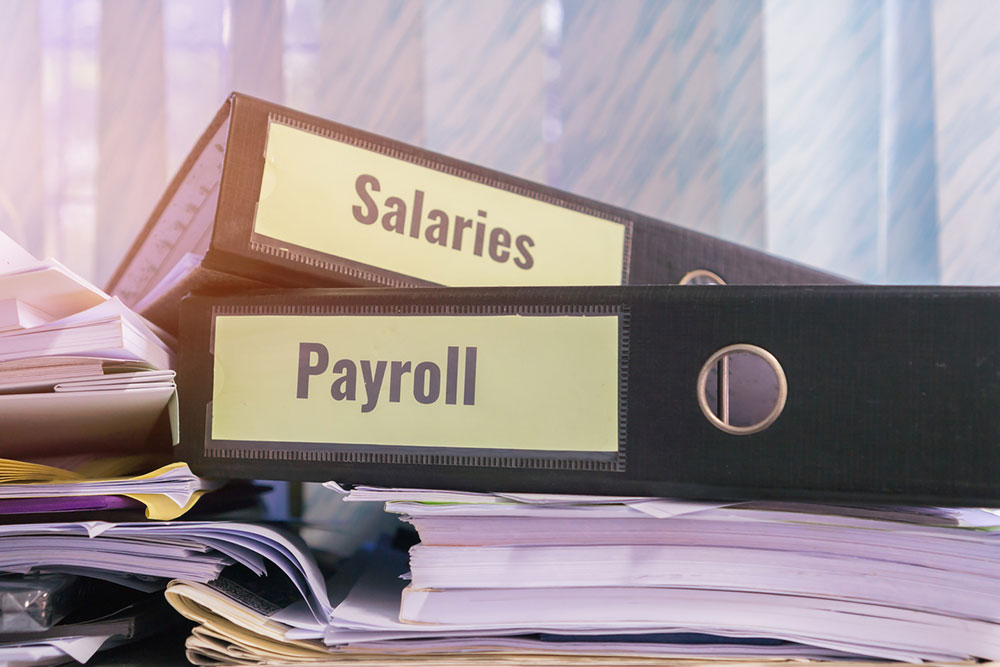
4 common payroll mistakes to avoid
Nearly all payroll mistakes are caused by incorrect data and poor communication. While these mistakes may seem trivial and correctable, they can have serious legal consequences for employers. In some instances, businesses may also have to shell out money for fines and penalties, affecting their profits. Below are the top four payroll mistakes to avoid. One can easily avoid these errors by being more careful and taking specific preventive measures.
Misclassifying employees and contractors
Full-time employees must never be mixed up with contracted, freelance individuals. Errors like these can cause payments to be docked incorrectly. Because of that, employers may have to look through old payment records to adjust employee salaries. More often than not, discrepancies in salary result in dissent among employees and, subsequently, staff shrinkage.
According to the Fair Labor Standards Act (FLSA), full-time employees who work over 40 hours a week must receive overtime pay. Any errors in employee classification can result in FLSA-related fines for businesses. Maintaining accurate records of an employee’s status is the easiest way to avoid trouble. Employers must also check and verify their records periodically.
Making calculation mistakes
Calculation mistakes have a cascading effect on both employees and employers. A simple calculation error can cause an employee’s income to decrease steadily if not corrected in the first instance. For employers, this will result in employees becoming disillusioned and leaving their workplace to look for jobs where they will be respected and such mistakes will not be made. Companies can opt for automated payroll systems to avoid calculation mistakes. These systems cut out all elements of human errors from employee records. Many providers are available, giving employers the freedom to choose.
Not tracking employee hours correctly
Most calculation errors and other wage-related discrepancies in a company’s payroll records stem from incorrectly recorded employee hours. These errors usually occur if the business does not have an automated mechanism to record employees’ exact log-in and log-out times. An automated attendance recorder prevents mistakes associated with recording incorrect employee working hours. They record the number of total hours and productive hours employees work daily. This method makes employee hours recording error-free!
Neglecting to send out tax forms
Employees must fill out their tax forms and systematically file their tax records, investments, and possible deductions every year. It is the employer’s responsibility to provide these forms to their employees for filling. A failure to do so can result in employees being unaware of how much of their salary is deductible and how to claim tax cuts and deductions. Also, employers are directly responsible for deducting income taxes from an employee’s periodic salary. So, neglecting to send out tax forms could result in several legal consequences for employers.


